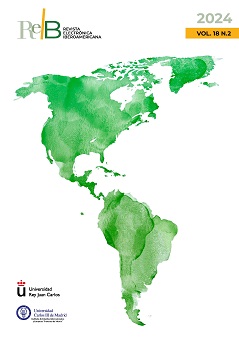Modern state and legal monism as exclusive of Indigenous Law in Mexico
Abstract
From the emergence of the modern State in the context of the Peace of Westphalia in 1648 in Europe, and with the consequent centralization of power and law by this sovereign entity, other legal systems in force until then were systematically excluded. The above resulted in what is called in the doctrine as legal monism, theoretically based on legal positivism. With the previous premise as a backdrop, the present research work aims to demonstrate that, in a scenario like Mexico, whose formation as an independent nation occurred under the same European logic at the beginning of the 19th century, the Mexican State itself has been the through the State-law identification that has since been excluded from Indigenous Law both in theory and in practice, even though this legal system has existed as such, even before the creation of what is now Mexico.
Downloads

This work is licensed under a Creative Commons Attribution-NonCommercial-NoDerivatives 4.0 International License.
The Journal has an online open access policy once published. It does not imply any cost for the authors or users. Authors retain full copyright and publication rights without restriction. In any case, copyright will be respected in accordance with current legislation.
La Reviste includes the Creative Commons 4.0 license: Attribution-Non-Commercial-No Derivative Works (CC BY-NC-ND 4.0) in its works.




